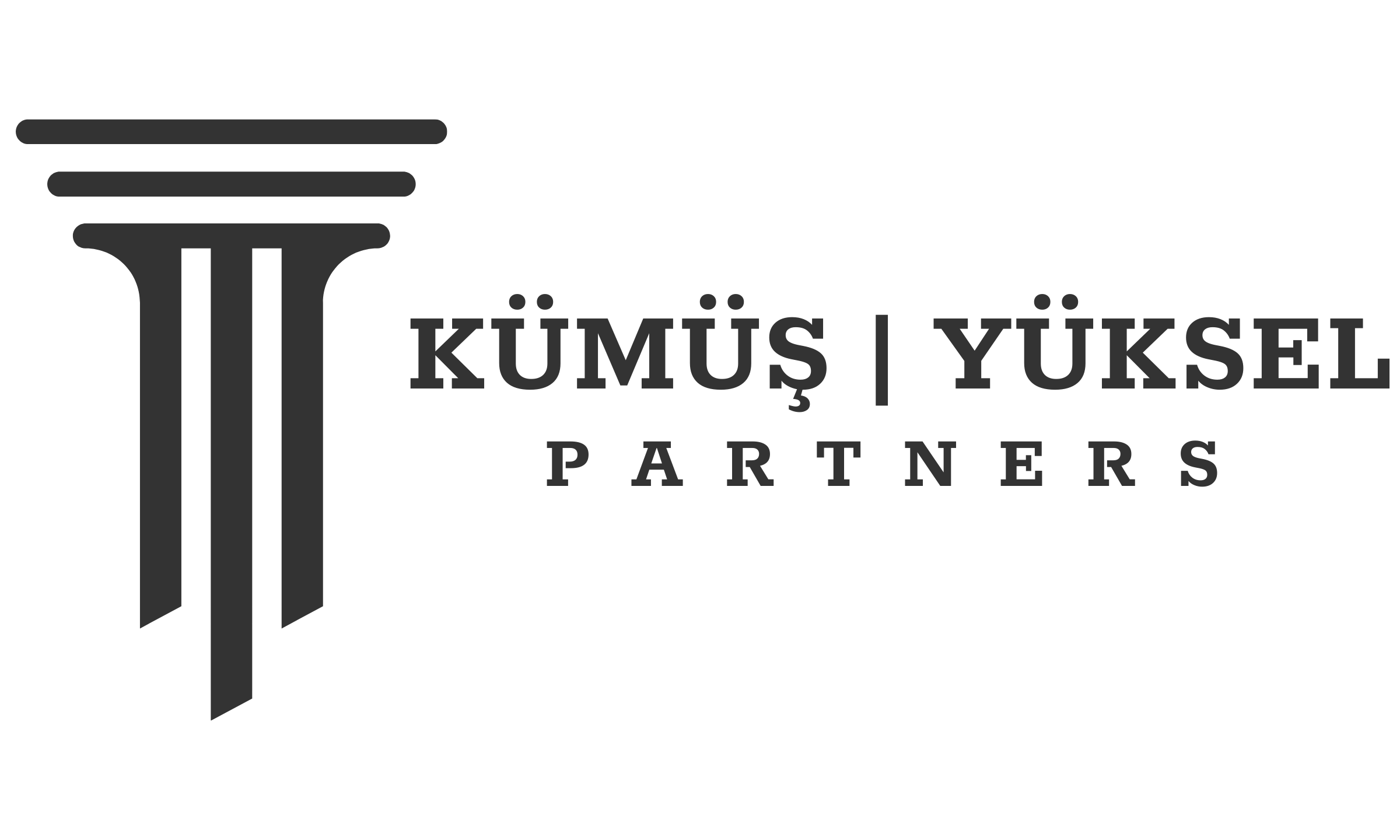ASSESSMENT OF WITNESS TESTIMONY IN CLAIMS FOR OVERTIME COMPENSATION
An employee claiming overtime compensation bears the burden of proof regarding this assertion. In this context, primary evidence includes written records kept by the employer, such as time logs, shift schedules, digital attendance systems, and internal communications. However, where such documentary evidence is absent or insufficient, the employee may resort to witness testimony. That said, the admissibility and weight of such testimony are subject to specific legal criteria.
Foremost among these is that the witness must possess firsthand knowledge based on direct observation. The Turkish Court of Cassation, 9th Civil Chamber, in its recent decision dated 9 May 2023 (Case No: 2023/2223, Decision No: 2023/6798), clearly stated: “Statements by individuals who are unfamiliar with the workplace’s operational structure and could not reasonably be expected to know it cannot be taken into account.” This ruling underscores the necessity for the witness to have directly observed the employee’s working hours. In particular, in cases involving remote or hybrid work arrangements, courts approach such testimony with increased scrutiny due to the limited opportunity for direct observation.
Another crucial consideration is the impartiality of the witness. Courts tend to disregard the testimony of individuals who share a vested interest with the claimant. The same Court of Cassation decision emphasized that where a witness has filed a similar claim against the same employer or is engaged in separate litigation concerning employment entitlements, such interest alignment necessitates caution in evaluating their statements. The court held: “It is undisputed that the plaintiff’s witnesses have pending claims against the same employer. In such cases, the presence of a mutual interest requires that their testimony be corroborated by additional evidence.”
In a subsequent ruling dated 15 May 2023 (Case No: 2023/4113, Decision No: 2023/7144), the 9th Civil Chamber reiterated that where the witness did not work with the claimant throughout the entire employment period and shares a mutual legal interest with the claimant, the witness’s testimony alone is insufficient to establish claims for overtime. The appellate court’s decision to reject the claim based solely on such witness testimony was upheld.
A further indicator of potential bias arises in instances of reciprocal witness testimony. Where the claimant has previously served as a witness in a separate case brought by the same individual testifying on their behalf, courts may perceive a collective adversarial stance against the employer, thereby undermining the objectivity of the testimony.
This principle was explicitly addressed by the 7th Civil Chamber of the Court of Cassation in its decision dated 24 May 2016 (Case No: 2015/20952, Decision No: 2016/11178): “It has been determined that the plaintiff’s witnesses have filed lawsuits based on similar claims against the same employer and have testified for each other in those proceedings. As such, due to the apparent hostility towards the employer, reliance on their testimony was erroneous.”
This principle was explicitly addressed by the 7th Civil Chamber of the Court of Cassation in its decision dated 24 May 2016 (Case No: 2015/20952, Decision No: 2016/11178): “It has been determined that the plaintiff’s witnesses have filed lawsuits based on similar claims against the same employer and have testified for each other in those proceedings. As such, due to the apparent hostility towards the employer, reliance on their testimony was erroneous.”
In conclusion, while an employee may rely on witness testimony in the absence of sufficient documentary evidence in pursuing an overtime compensation claim, courts apply strict scrutiny in assessing such testimony. The following elements are particularly critical for the court’s evaluation:
- The witness must have direct, preferably firsthand, knowledge of the claimant’s working hours and the employer’s operational structure (Court of Cassation, 9th Civil Chamber, Case No: 2023/2223, Decision No: 2023/6798, 09.05.2023).
- The witness should not be pursuing any personal claim against the same employer.
- If involved in a legal dispute with the employer, the claimant must not have served as a witness in that proceeding (Court of Cassation, 7th Civil Chamber, Case No: 2015/20952, Decision No: 2016/11178, 24.05.2016).
- The witness must have worked alongside the claimant throughout the relevant employment period and must not share a mutual legal or financial interest (Court of Cassation, 9th Civil Chamber, Case No: 2023/4113, Decision No: 2023/7144, 15.05.2023).
In light of these judicial precedents, the probative value of witness testimony in labor disputes concerning overtime compensation is contingent upon the credibility, impartiality, and observational capacity of the witness. Accordingly, employees should exercise diligence in selecting witnesses and aim to substantiate testimonial evidence with objective data where possible.
